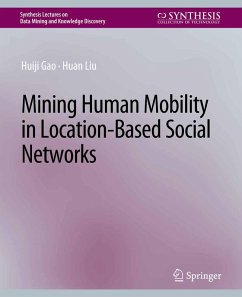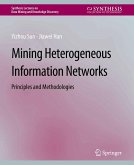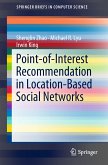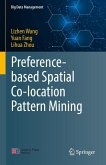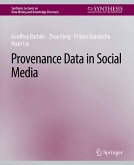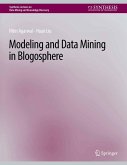In recent years, there has been a rapid growth of location-based social networking services, such as Foursquare and Facebook Places, which have attracted an increasing number of users and greatly enriched their urban experience. Typical location-based social networking sites allow a user to "check in" at a real-world POI (point of interest, e.g., a hotel, restaurant, theater, etc.), leave tips toward the POI, and share the check-in with their online friends. The check-in action bridges the gap between real world and online social networks, resulting in a new type of social networks, namely location-based social networks (LBSNs). Compared to traditional GPS data, location-based social networks data contains unique properties with abundant heterogeneous information to reveal human mobility, i.e., "when and where a user (who) has been to for what," corresponding to an unprecedented opportunity to better understand human mobility from spatial, temporal, social, and content aspects. The mining and understanding of human mobility can further lead to effective approaches to improve current location-based services from mobile marketing to recommender systems, providing users more convenient life experience than before. This book takes a data mining perspective to offer an overview of studying human mobility in location-based social networks and illuminate a wide range of related computational tasks. It introduces basic concepts, elaborates associated challenges, reviews state-of-the-art algorithms with illustrative examples and real-world LBSN datasets, and discusses effective evaluation methods in mining human mobility. In particular, we illustrate unique characteristics and research opportunities of LBSN data, present representative tasks of mining human mobility on location-based social networks, including capturing user mobility patterns to understand when and where a user commonly goes (location prediction), and exploiting user preferences and location profiles to investigate where and when a user wants to explore (location recommendation), along with studying a user's check-in activity in terms of why a user goes to a certain location.
Dieser Download kann aus rechtlichen Gründen nur mit Rechnungsadresse in A, B, BG, CY, CZ, D, DK, EW, E, FIN, F, GR, HR, H, IRL, I, LT, L, LR, M, NL, PL, P, R, S, SLO, SK ausgeliefert werden.

